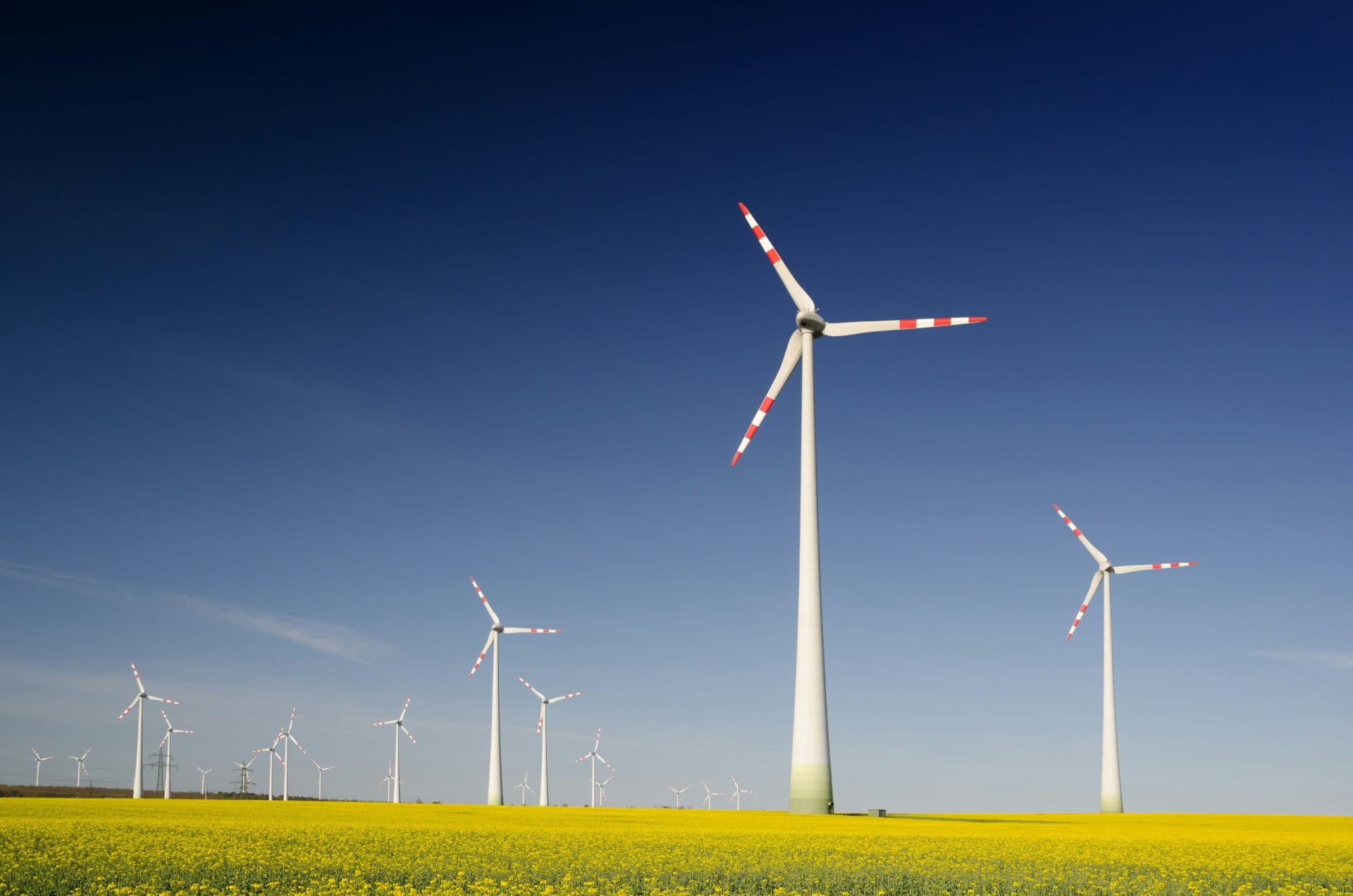On November 2022, the EU Council approved the Corporate Sustainability Reporting Directive (CSRD), a directive that makes disclosure of ESG data as well as other information related to their environmental and societal impact mandatory for certain companies. The disclosure requirements were developed by EFRAG (European Financial Reporting Advisory Group) in a first draft entitled “European Sustainability Reporting Standards” (ESRS).
This first draft outlines the mandatory concepts and requirements that corporate sustainability reports have to align with. It also provides a consistent framework aiming to ensure that companies report on their sustainability performance using comparable, relevant, and reliable sustainability data, in the hope of abolishing greenwashing.
Currently EFFRAG has launched the first set of ESRS and is collecting feedback from stakeholders as well as a number of companies that are piloting them, with the intention to incorporate their feedback and issue the final set of ESRS.
Which Companies Need to Comply?
But, who are the companies required to comply with the CSRD? There are three main categories of companies based in the EU and a fourth category of companies not based in the EU that need to comply:
a) companies with a net turnover of €40 million
b) companies with assets worth €20 million
c) companies with 250 or more employees, and
d) non-EU companies with a turnover of above €150 million within the EU
Architecture and Requirements of ESRS System
As shown in the figure below, the disclosure requirements of ESRS are organized in a framework (“rules of three”) that consists of 3 reporting layers (Sector agnostic, Sector specific and Entity specific), 3 reporting areas (Cross cutting, implementation and performance measures), and 3 reporting topics (Environmental, Social, Governance).
More specifically, the ESRS structure reflects the obligation to report under the three reporting areas and cover the entire set of ESG topics (Environmental, Social, Governance).
An overview of the main elements of ESRS is as follows:
1) Cross-cutting standards
ESRS 1 General principles
ESRS 2 General, strategy, governance and materiality assessment
2) Environmental
ESRS E1: Climate change
ESRS E2: Pollution
ESRS E3: Water and marine sources
ESRS E4: Biodiversity and ecosystems
ESRS E5: Resource and circular economy
3) Social
ESRS S1: Own workforce
ESRS S2: Workers in the value chain
ESRS S3: Affected communities
ESRS S4: Consumers and end users
4) Governance
ESRS G1: Governance, risk management, and internal control
ESRS G2: Business Conduct
The New Concept of Double Materiality
“Double materiality” is the basis for sustainability disclosures according to the new EU directive. That means that companies need to report on two levels: both their internal and their external sustainability impacts, or, put simpler, companies need to report on how sustainability issues might create financial risks for them and their stakeholders (financial materiality), but also on the company's environmental and societal impacts (impact materiality).
When Are Companies Bound to Comply?
A number of companies across Europe are running pilots using the current standards and are expected to submit their feedback. Feedback received during the public consultation is being analyzed and will be taken into account in the finalization of the standards. EFRAG (European Financial Reporting Advisory Group) is making revisions in order to meet the requirements of the reporting directive that will be finally adopted. The final set of ESRS is expected to go public by June 2023, and the first companies subject to the reporting directive will be required to submit compliant sustainability reports by 2025 on the fiscal year 2024.
